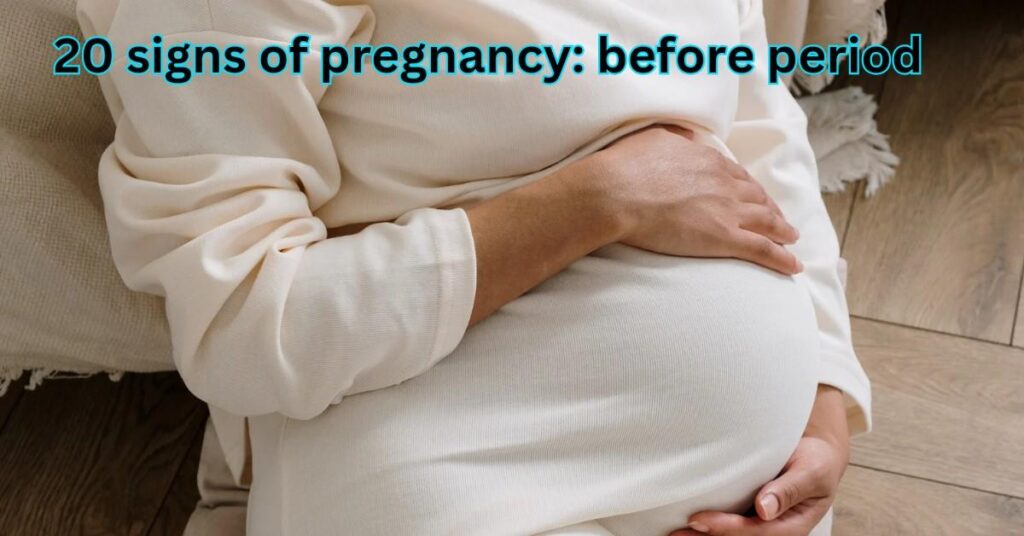How to Identify Kidney Stones: 10 Early Symptoms
Identify kidney stones early with signs like severe back pain, blood in urine, and frequent urination. Learn the symptoms for timely treatment. Kidney stones, also known as renal calculi, are hard deposits made of minerals and salts that form inside your kidneys. They can be incredibly painful and, if not detected early, may lead to severe complications. Knowing the symptoms of kidney stones is crucial for timely diagnosis and treatment.
Early Symptoms of Kidney Stones:
- Severe Pain in the Back and Side:
- One of the most prominent symptoms of kidney stones is intense pain in the lower back and sides. This pain often radiates towards the abdomen and groin area. It can be severe, intermittent, and come in waves, making it challenging to find a comfortable position.
- Changes in Urine Color and Presence of Blood:
- Kidney stones can cause blood to appear in the urine, turning it pink, red, or brown. This is due to the stones irritating and damaging the lining of the urinary tract, leading to bleeding. If you notice a change in urine color, it is a significant indicator of kidney stones.
- Frequent Urge to Urinate:
- A common symptom is an increased urge to urinate, often occurring at night. Even if only a small amount of urine is passed, the frequent need to urinate can be bothersome and is a sign that the stones may be affecting the urinary tract.
- Burning Sensation During Urination:
- You may experience a painful or burning sensation while urinating. This occurs when the stones move into the ureter, causing irritation and discomfort as urine passes through.
- Nausea and Vomiting:
- The pain and discomfort caused by kidney stones can lead to nausea and vomiting. These symptoms are common and often accompany severe pain.
- Fever and Chills:
- If a kidney stone causes an infection in the urinary tract, you may develop a fever and chills. This condition requires immediate medical attention as it indicates a serious complication.
- Reduced Urine Output:
- A noticeable decrease in the amount of urine produced, or difficulty urinating, can occur if a stone obstructs the flow of urine. This blockage can lead to increased pain and discomfort.
- Cloudy or Foul-Smelling Urine:
- Urine that is cloudy or has a foul odor may indicate an infection associated with kidney stones. This symptom often accompanies other signs and should be evaluated by a healthcare provider.
- Abdominal Pain:
- Pain in the abdominal area may also occur, particularly if the stones affect other parts of the urinary tract. This pain can vary in intensity and may be persistent.
- Pain that Radiates to the Groin:
- The pain from kidney stones can extend from the lower back to the groin area. This radiating pain is a result of the stone moving through the urinary tract and can be quite distressing.
Additional Symptoms:
- Nausea and Vomiting:
- Kidney stones can trigger nausea and vomiting, which are common responses to severe pain and the body’s attempt to manage the discomfort caused by the stone.
- Fever and Chills:
- If a kidney stone leads to an infection in the urinary tract, it can cause fever and chills. This is a serious condition that requires immediate medical attention.
- Reduced Urine Output or Pain While Urinating:
- The presence of a kidney stone can block the flow of urine, leading to a significant decrease in urine output. This blockage can cause pain during urination and should not be ignored.
When to See a Doctor:
If you experience any of the above symptoms, especially if the pain is severe, or if you notice blood in your urine, it is essential to seek medical advice promptly. Delaying treatment can lead to complications, including kidney damage and infections.
What to Do Next:
The treatment for kidney stones varies depending on the size and location of the stone. Small stones may pass on their own with increased fluid intake and pain management. However, larger stones may require medical procedures such as lithotripsy (breaking the stones using shock waves) or surgery.
Lifestyle Changes:
- Hydration: Drinking plenty of water is crucial for preventing kidney stones. Aim for at least 2 to 3 liters of water per day.
- Diet: Reducing intake of oxalate-rich foods (such as spinach, nuts, and chocolate), sodium, and animal protein can help prevent stones. Incorporating more fruits and vegetables into your diet is also beneficial.
Conclusion:
Recognizing the early signs of kidney stones is vital for timely treatment and preventing more severe health issues. If you notice any symptoms related to kidney stones, it is advisable to consult a healthcare provider immediately. Early intervention can help manage the condition effectively and reduce the risk of complications.


